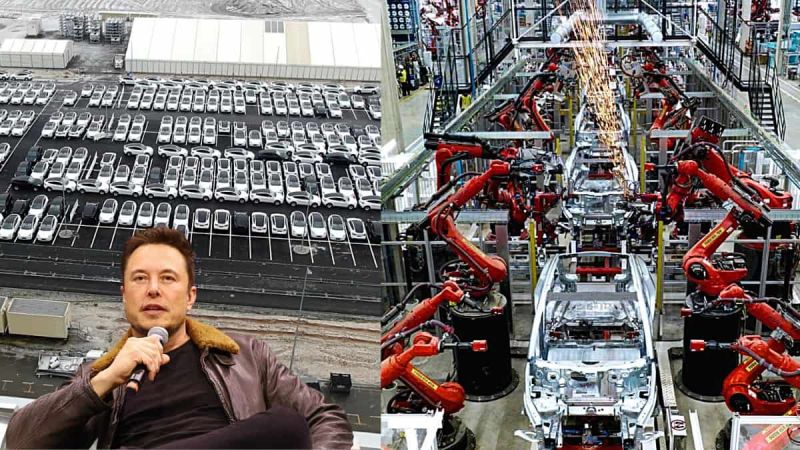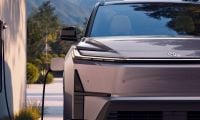The good news is that Tesla confirmed for the first time to Tagesspiegel Background that three-shift operation will be introduced at Giga Berlin electric car factory from January 2023. Now, remember that the factory only started production in March 2022. Tesla also confirmed that the Gigafactory Berlin-Brandenburg currently has 8,500 employees, a new record and significantly more than previously known.
The second good news is that most recently, 7,000 jobs were mentioned. Tesla has thus become by far the largest industrial employer and largest training company in the capital region . With 8,500 employees, Tesla ramped up the factory faster than even Brandenburg's government had expected in the short time. It should be quite unique for an industrial company in Germany, although the internal goals at Tesla were probably even more ambitious.
Now the strange part. After reporting that not everyone can cope "with the requirements and the usual pressure to perform at Tesla," Tagesspiegel references "other voices in the workforce" who apparently report “chaotic conditions” in parts of the plant. According to these "other voices in the workforce" the situation is particularly problematic in the foundry, where work is already being carried out in three shifts. Due to the absence of colleagues, the employees are more or less available on call, an employee representative who wishes to remain anonymous speaks of “tough exploitation” and “compulsory obligations."
This is very strange and odd. Here is why. In good journalism, to say something about a company, which employs 8,500 people you need to have proof, not just "insider close to Tesla" or "other voices in the workforce." I understand that there may be problems in such a big company, that builds 3,000 electric cars at Giga Berlin per week, but to say negative things that may affect the workforce moral you need to bring real proves. Saying "other voices in the workforce" or "insider close to Tesla" will not make the cut and will not convince.
Why it will not convince? Because Tesla CEO Elon Musk has now bought one of the biggest social media platforms in the world and is cleaning it up, making the free speech truly free for everyone. And many people don't like it and call on him to resign.
Also keep in mind that Elon Musk has been trying to keep the IG Metall Union away from Giga Berlin. The IG Metall, which is strongly represented in the German auto industry, doesn't have a say at Giga Berlin.
So far, the Chinese Gigafactory in Shanghai has been considered the benchmark for the global network of Tesla plants. In November, the largest Tesla factory had the highest monthly sales with more than 100,000 cars. After the expansion, the plant will have an annual capacity of 750,000 vehicles if Tesla keeps the same sales numbers of electric cars made at Giga Shanghai.
Meanwhile, the production capacities at Tesla Giga Berlin EV factory in Grünheide are being further increased: On Sunday evening Musk reported on Twitter that 3,000 vehicles had recently been manufactured there in Brandenburg in one week.
When Tesla Giga Berlin opened in March, the electric car manufacturer said it wanted to produce 5,000 vehicles per week in Grünheide by the end of the year. Once the "Gigafactory" has reached its first expansion stage, it should then be 10,000 vehicles per week. In order to reach this number quickly, according to Tagesspiegel Tesla now wants to introduce full three-shift operation in the plant for the first time from January.
Armen Hareyan is the founder and the Editor in Chief of Torque News. He founded TorqueNews.com in 2010, which since then has been publishing expert news and analysis about the automotive industry. He can be reached at Torque News Twitter, Facebok, Linkedin and Youtube.
Set as google preferred source










